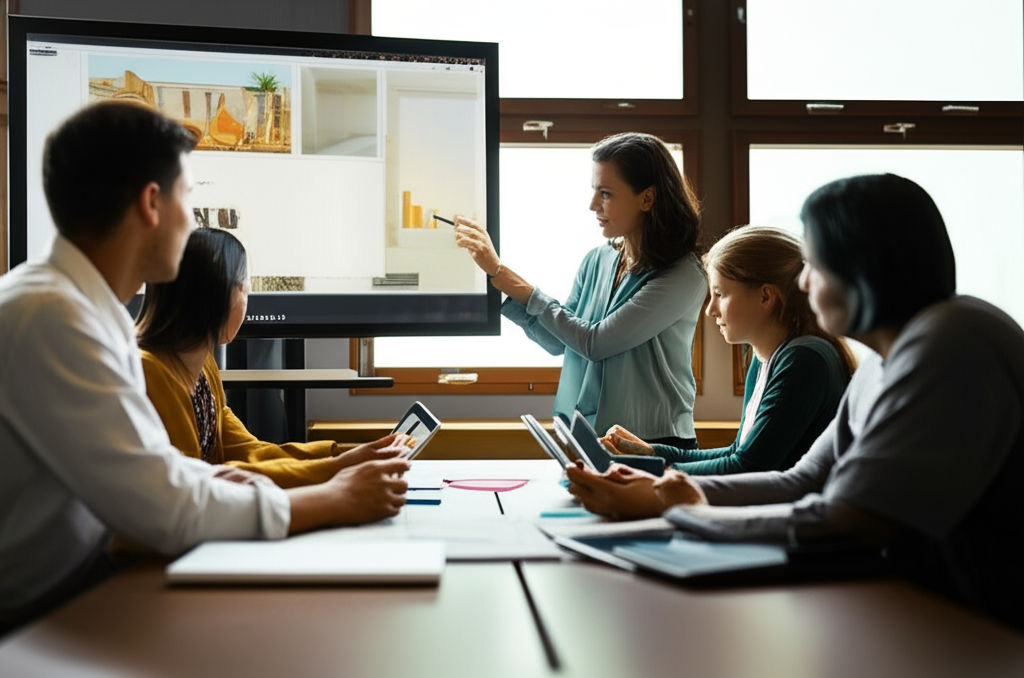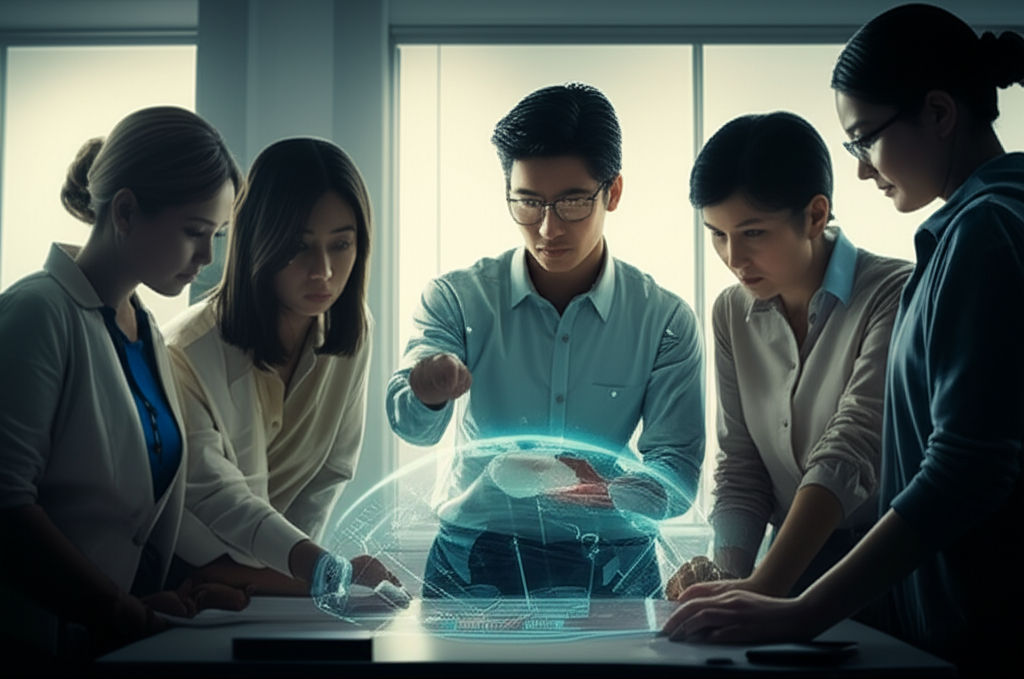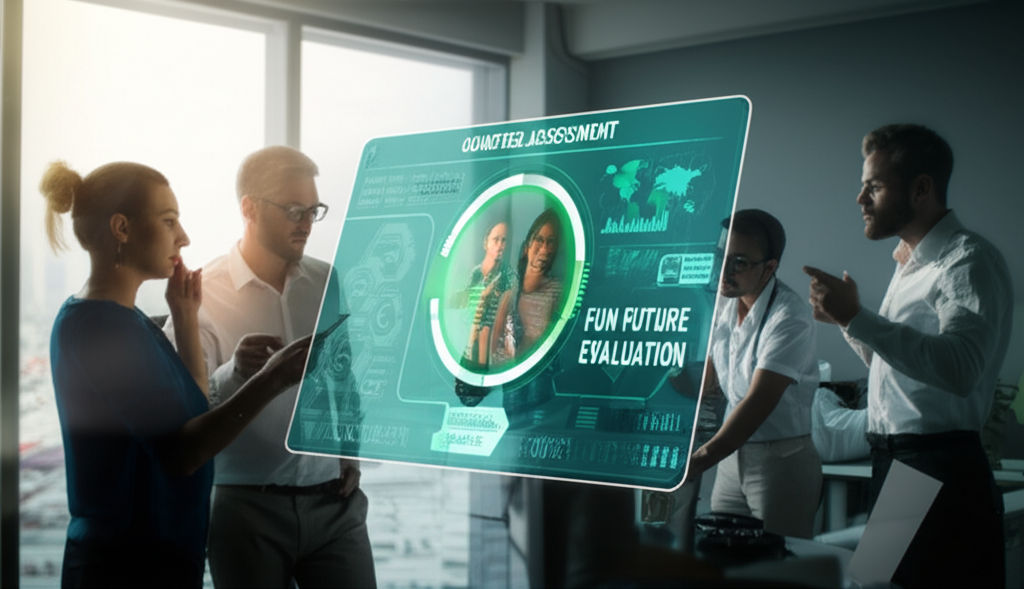Tradition to Transformation: Education's Future
Emily Willis
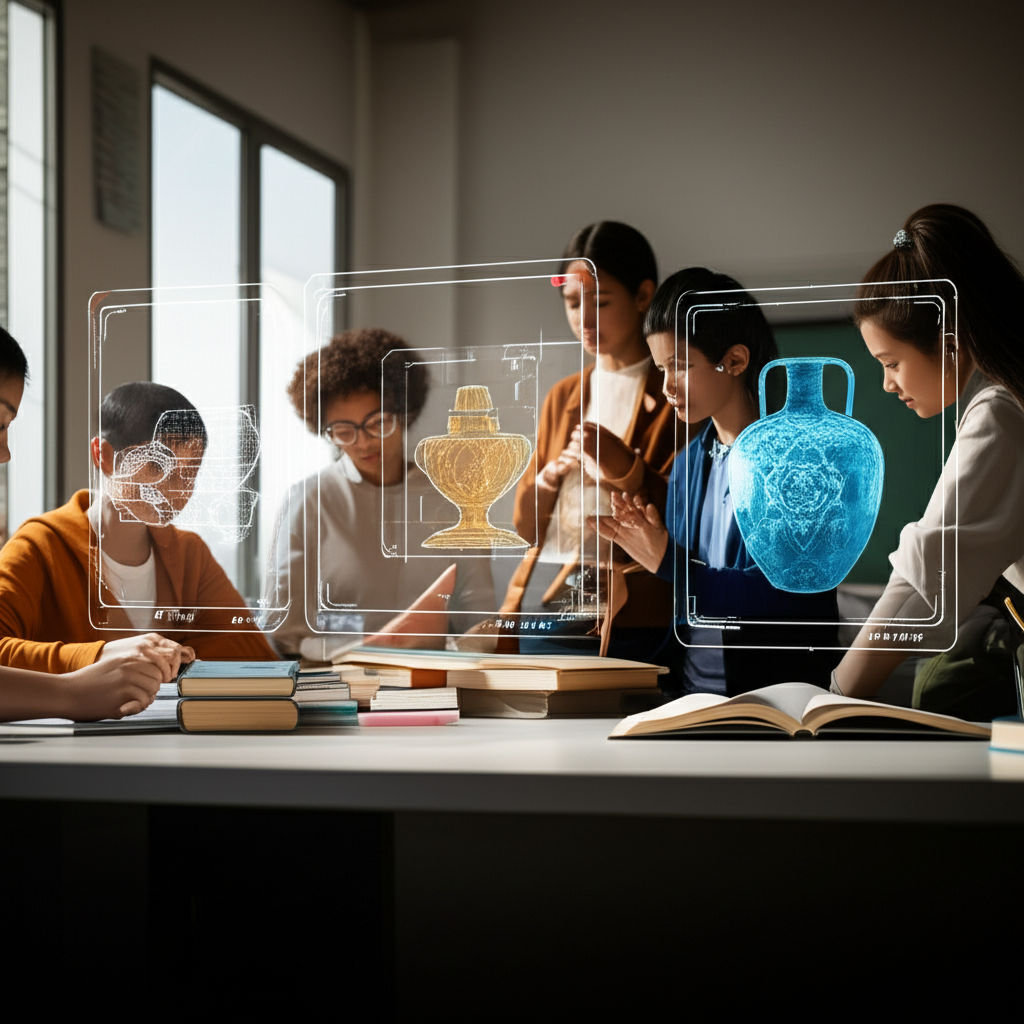
Photo: Tradition to Transformation: Education's Future
Tradition to Transformation: Charting the Future of Education
Education has always been the cornerstone of society, shaping minds and preparing generations for the world ahead. For centuries, the traditional classroom model, with its rows of desks, chalkboards, and standardized curricula, has been the norm. But as the world rapidly changes, so too must our approach to learning. We're standing at a fascinating crossroads, moving from the familiar traditions of the past to an exciting, dynamic transformation that promises a brighter future for education.
This isn't just about adding a few computers to classrooms; it's about a fundamental reimagining of what learning looks like, how it happens, and what skills truly matter. The future of education is here, and it's more personalized, accessible, and engaging than ever before.
The Enduring Legacy of Traditional Education
Before we dive into the future, let's acknowledge the bedrock of traditional education. For generations, this model provided structure, a common knowledge base, and a sense of community within physical school buildings. It emphasized core subjects, rote learning, and standardized assessments, preparing students for an industrial-era workforce that valued conformity and efficiency.
However, as valuable as these foundations were, they also came with limitations. The "one-size-fits-all" approach often struggled to cater to diverse learning styles and individual paces, potentially leaving some students behind or failing to challenge others sufficiently. The focus on memorization sometimes overshadowed the development of critical thinking and creativity, skills increasingly vital in our fast-evolving world.
The Catalysts for Educational Transformation
So, what's driving this profound shift in education? Several powerful forces are at play, pushing us beyond conventional boundaries and into a new era of learning.
The Digital Revolution: Technology as a Game-Changer
Perhaps the most obvious catalyst is technology. The internet, digital learning platforms, and innovative tools have completely revolutionized access to information and learning opportunities. Think about it: students today can learn from anywhere, anytime, through online courses, interactive simulations, and AI-driven programs. Technologies like Artificial Intelligence (AI), Virtual Reality (VR), and Augmented Reality (AR) are no longer just futuristic concepts; they are actively transforming how we learn and teach, creating immersive and interactive experiences. AI, for instance, is moving beyond beta-phase applications to become fully realized tools that reshape the classroom experience, supplementing, not supplanting, the role of teachers.
A Shifting Global Workforce and the Demand for New Skills
The job market of today and tomorrow looks vastly different from that of even a decade ago. Traditional education prepared students for stable, often repetitive roles. Now, the emphasis is on creativity, critical thinking, problem-solving, and adaptability – skills that thrive on innovation and continuous learning. The World Economic Forum predicts that many workers will need reskilling due to rapid digital transformation and evolving job requirements. This shift demands an educational system that prioritizes developing these "future-ready skills" over mere content memorization.
The Call for Personalization and Equity
We've come to understand that every learner is unique, with their own strengths, challenges, interests, and ways of processing information. The traditional model often couldn't accommodate this diversity effectively. Now, there's a growing demand for personalized learning experiences that tailor instruction, curriculum, and assessment to individual student needs.
Furthermore, the COVID-19 pandemic starkly illuminated the existing digital divide, highlighting that not all students have equal access to technology and reliable internet. Ensuring digital equity – equal access to devices, software, and the internet, alongside trained educators to navigate these tools – has become a critical "must-have" for participation in society and the economy. UNESCO emphasizes that digital learning must be a tool for inclusion, not for widening divides, by prioritizing equitable access, investing in teacher training, and supporting local innovations.
Pillars of Education's Future: What Transformation Looks Like
The transformation of education is built upon several key pillars, each contributing to a more effective, engaging, and relevant learning experience.
Personalized Learning Journeys
Imagine a learning path designed just for you, adapting to your pace, strengths, and interests. That's the essence of personalized learning. AI-powered tools are making this a reality, analyzing student progress and tailoring content and pacing to individual needs. For example, a student struggling with algebra might receive extra time and resources to practice, while another who has mastered a concept can move on more quickly. This approach not only increases engagement and motivation but also improves knowledge retention and overall learning outcomes.
The Rise of Digital and Hybrid Classrooms
The shift to digital learning, accelerated during the pandemic, has proven its value. Online platforms, interactive simulations, and multimedia presentations offer engaging learning experiences that cater to diverse learning styles. Hybrid models, blending online learning with in-person interactions, are becoming increasingly common, offering flexibility and challenging the dominance of purely traditional schooling. This flexibility allows students to learn at their own pace, choosing when and where to engage with material, which can lead to better outcomes and increased creativity.
Emphasis on Future-Ready Skills
Beyond academic knowledge, the future of education is deeply focused on equipping students with skills for a rapidly changing world. These include:
- Critical Thinking and Problem-Solving: The ability to analyze information, evaluate arguments, and develop creative solutions.
- Creativity and Innovation: Fostering original thought and the capacity to generate new ideas.
- Digital Literacy: Proficiency in using digital tools, understanding data, and leveraging technology to solve problems. This goes beyond basic computer skills to encompass adaptability to new technologies.
- Collaboration and Communication: Working effectively with others and conveying ideas clearly.
- Adaptability and Resilience: The capacity to adjust to new situations, embrace change, and bounce back from setbacks.
- Emotional Intelligence: Understanding and managing one's own emotions, and recognizing and influencing the emotions of others.
These skills are becoming universal expectations, as crucial as traditional literacy once was.
Lifelong Learning as a Necessity
The idea that education ends after formal schooling is outdated. In a world of continuous change, lifelong learning is no longer just a good idea; it's essential for personal and professional development. It's about continuously acquiring new knowledge and skills to stay relevant, adapt to evolving career demands, and explore new insights about oneself. Whether it's through microlearning, online courses, or simply cultivating a growth mindset, committing to ongoing education fuels personal growth, boosts confidence, and enhances employability.
The Evolving Role of Educators
In this transformed landscape, the role of educators is shifting from being mere disseminators of information to facilitators, mentors, and guides. Teachers will increasingly leverage technology to personalize learning, analyze student data, and focus more on building relationships and fostering deeper understanding. Professional development for teachers is crucial to help them navigate these changes and effectively integrate new tools like AI into their teaching practices.
Global Collaboration and Connectivity
Technology breaks down geographical barriers, allowing for global collaboration and knowledge exchange. Students can connect with peers and experts worldwide, broadening their perspectives and fostering a more multicultural understanding. This prepares them for an increasingly globalized world where cross-cultural communication and cooperation are invaluable.
Navigating the Transformation: Practical Steps for Everyone
This educational transformation isn't just for institutions; it's a journey we all embark on together.
For Students: Be the Architect of Your Learning Journey
- Embrace Curiosity: Ask questions, explore topics beyond the curriculum, and follow your interests. Curiosity is the spark that ignites lifelong learning.
- Develop Digital Fluency: Learn to use various digital tools effectively, understand online safety, and critically evaluate information from online sources.
- Cultivate Soft Skills: Actively practice communication, collaboration, critical thinking, and problem-solving through projects, group work, and real-world challenges.
- Become a Lifelong Learner: See learning as a continuous journey. Explore online courses, workshops, or even new hobbies that challenge your mind.
For Parents: Partner in the Learning Adventure
- Encourage Exploration: Support your child's interests and provide resources for them to delve deeper into subjects they are passionate about.
- Foster Digital Citizenship: Teach responsible and safe online habits. Discuss data privacy and critical evaluation of online content.
- Communicate with Educators: Stay informed about how your child's school is integrating new technologies and teaching methods. Ask how you can support their learning at home.
- Model Lifelong Learning: Show your children that learning is exciting and continuous by pursuing your own new skills or knowledge.
For Educators: Innovate and Empower
- Embrace Technology: Explore and integrate digital tools, adaptive learning platforms, and AI to personalize instruction and enhance engagement.
- Focus on Skills, Not Just Content: Design lessons that foster critical thinking, creativity, collaboration, and problem-solving.
- Personalize Learning: Utilize strategies to understand individual student needs and tailor learning paths accordingly.
Latest ✨
View AllUnlock your next great business idea! Learn a structured process to discover, evaluate, and refine entrepreneurial opportunities for real-world success.
Emily Willis
Unlock your financial superpower! Learn why financial literacy is crucial for a secure future & how to easily master money management for true independence.
Emily Willis
Craft a winning pitch deck! Learn to transform your vision into a compelling presentation that captivates investors & unlocks opportunities.
Emily Willis
Discover the blended teacher: how educators are transforming learning by combining traditional & online methods for personalized, engaging education.
Emily Willis
Business
View All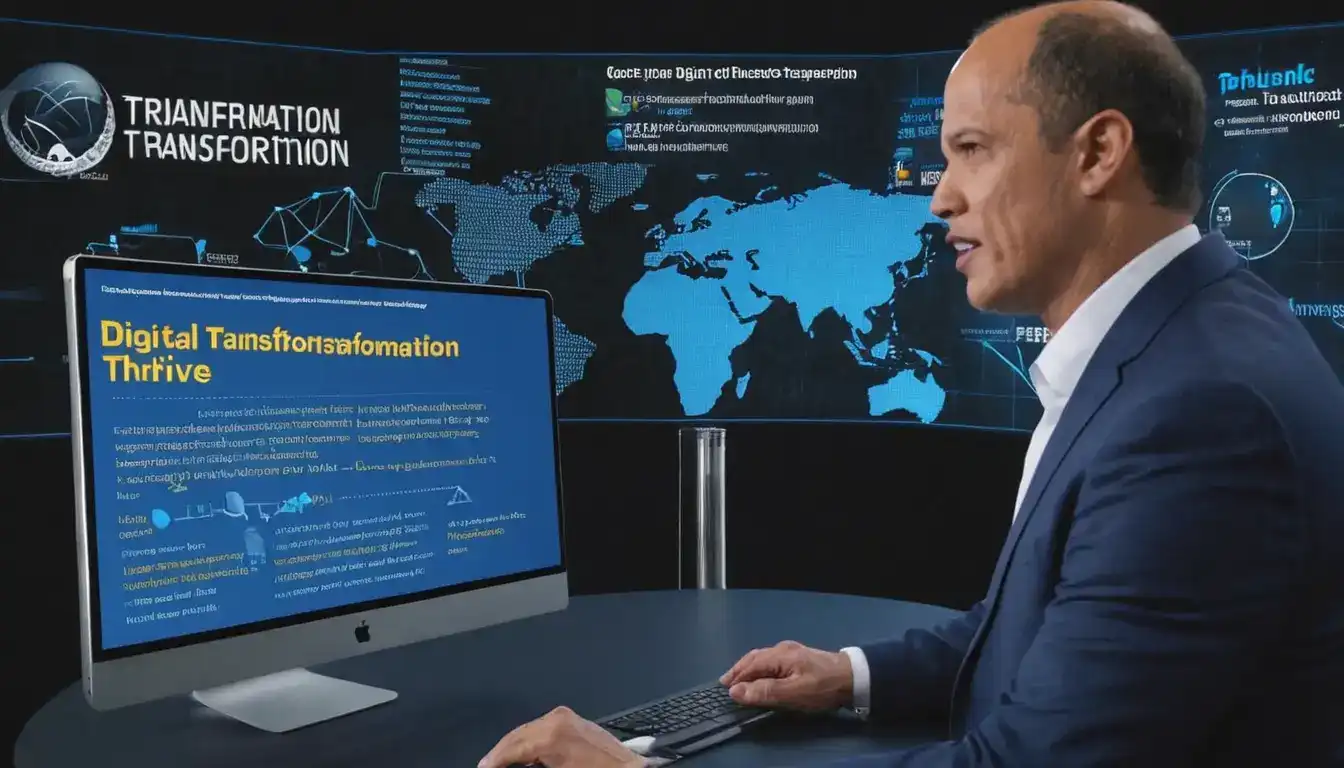
August 4, 2024
Digital Transformation: Businesses Leverage Technology to Thrive in the Digital AgeThe business world is evolving rapidly, with consumers expecting seamless digital experiences. Digital transformation involves integrating technology, focusing on customers, making data-driven decisions, and fostering innovation.
Emily Willis

August 5, 2024
Tips for Maintaining a Balance Between Work and Personal LifeAchieving a healthy work-life balance is essential for overall well-being, productivity, and happiness. Setting clear boundaries, prioritizing self-care, managing time effectively, nurturing relationships, and learning to unplug are key strategies to maintain this balance. It is important to communicate your needs effectively, seek support, and delegate tasks when necessary.
Emily Willis

June 9, 2025
Business Resilience in Uncertain TimesUnlock business resilience! Prepare for, adapt to, and overcome challenges. Transform uncertainty into opportunity and build a stronger, future-proof business.
Emily Willis
Economy
View AllUnlock global growth potential! Discover dynamic emerging markets, their rapid economic expansion, vast opportunities, and how to navigate complexities.
Read MoreGlobalization has reshaped the economic landscape, connecting countries and markets like never before. For emerging economies, this presents both challenges and opportunities. Challenges include economic vulnerability, income inequality, job displacement, and environmental impact.
Read MoreCentral banks are facing unique challenges in the current economic landscape, including rising inflation, geopolitical tensions, and lingering effects of the pandemic. They have a set of tools at their disposal, such as monetary policy, open market operations, and reserve requirements, to influence the economy.
Read MoreEntertainment
View All
August 4, 2024
The Evolution of Digital Distribution in the Music Industry: Challenges and OpportunitiesThe music industry has been transformed by digital distribution, which allows quick access to a vast catalog of music through streaming services and online stores.
Emily Willis

August 5, 2024
Classic Films: Timeless Masterpieces in the Age of StreamingClassic films may seem outdated in today's world of instant gratification and endless streaming options, but they offer enduring stories, masterful storytelling, historical insights, technical innovation, and artistic value that surpass modern offerings. While classic films face challenges such as accessibility and pacing, there are ways to overcome these obstacles, such as using streaming services, visiting local libraries, attending film festivals, and utilizing online resources.
Emily Willis

August 4, 2024
The Latest Music Trends, Artists Influencing Pop Culture, and How Digital Platforms Facilitate the Distribution of Music GloballyThe music industry is constantly changing due to consumer preferences, technology, and the influence of artists. Digital platforms have revolutionized music creation, distribution, and consumption, leading to genre fusion, the rise of independent artists, and collaborative projects. Influential artists like Billie Eilish, BTS, and Taylor Swift have shaped pop culture globally. Streaming services, social media, and direct-to-fan engagement have transformed music distribution. Digital platforms also promote cultural diversity and inclusivity, expand markets and revenue, and drive technological advancements. The industry is also focusing on sustainability and ethical practices. To succeed in the future, stakeholders must embrace digital transformation and champion inclusivity.
Emily Willis
Health
View AllRegular physical activity is crucial for maintaining long-term health and well-being. It has numerous benefits, including improving cardiovascular health, aiding in weight management, enhancing mental health, strengthening bones, boosting immune function, and promoting longevity.
Emily Willis
Quality sleep is essential for overall health and well-being, impacting physical, cognitive and emotional functioning. Lack of quality sleep can lead to a variety of health issues, including weakened immune function, heart problems, weight gain and cognitive impairment.
Emily Willis
Preventive healthcare focuses on strategies to prevent disease and maintain well-being, rather than just treating illnesses after they arise. It helps identify risk factors early on, allowing for interventions that can prevent or delay the onset of chronic diseases.
Emily Willis
Trending 🔥
View All
1
2
3
4
5
7
8
9
10
Lifestyle


Sports
View AllAugust 5, 2024
Sports for Social Good: Promoting Diversity, Inclusion, and Community Engagement
Read MoreAugust 5, 2024
The Future of Sports: Anticipating Trends, Embracing Innovation, Shaping a New Era
Read MoreTechnology
View All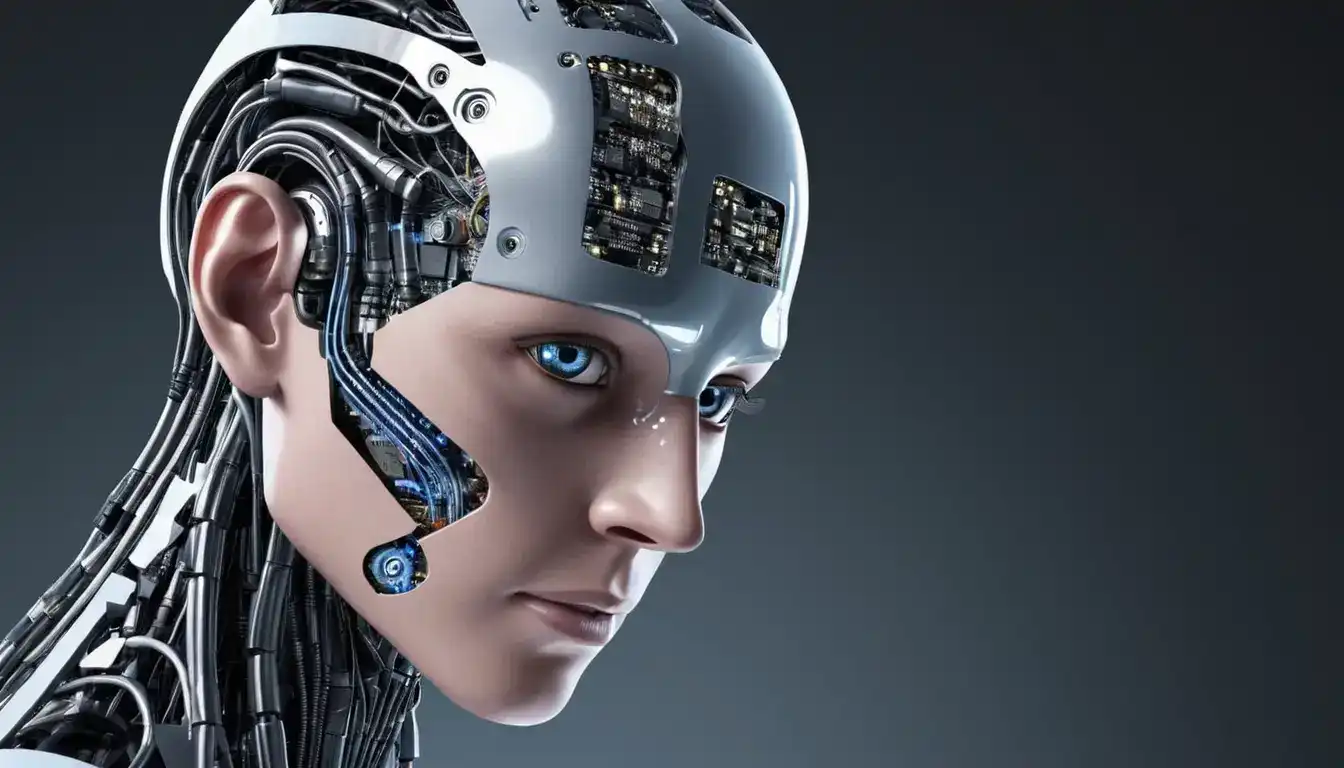
August 4, 2024
The Future of Artificial Intelligence: Opportunities and Challenges
opportunities and challenges presented by Artificial Intelligence (AI) in various sectors such as efficiency, customer experiences, healthcare, education, and economic growth. It highlights the need to address ethical considerations, job displacement, privacy issues, security risks, and regulatory challenges associated with AI.

August 5, 2024
Benefits of Using Cloud Computing for Your Business
Cloud computing has revolutionized business operations by offering cost savings, scalability, improved collaboration, enhanced security, and robust disaster recovery. It allows businesses to access services over the internet, reducing the need for physical infrastructure and providing flexibility.
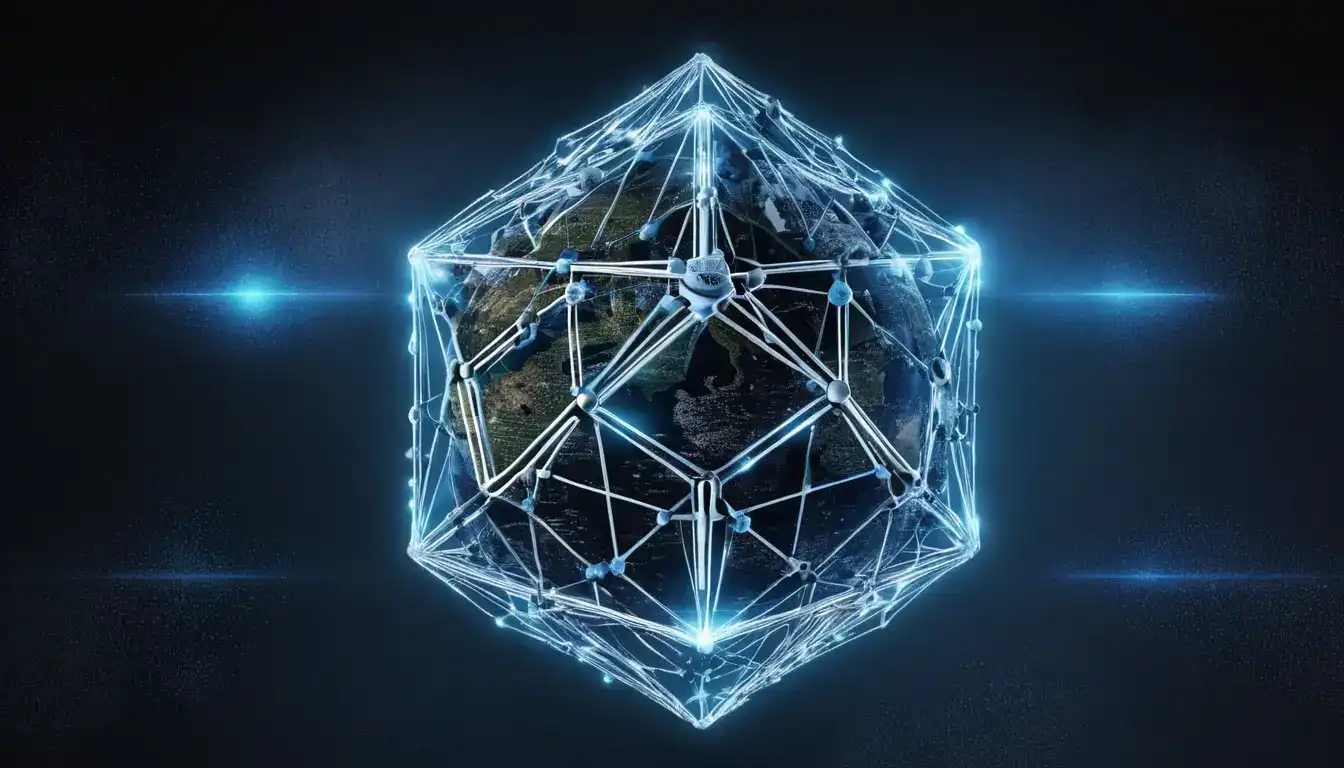
August 5, 2024
AI Trend Predictions for 2024 and beyond
AI is no longer a futuristic concept, it is shaping our world at an unprecedented pace. In 2024 and beyond, AI trends are likely to dominate in various industries. Generative AI is expected to revolutionize content creation, design, and product development. In healthcare, AI will lead to personalized medicine, drug discovery acceleration, improved diagnostics, and remote patient monitoring.
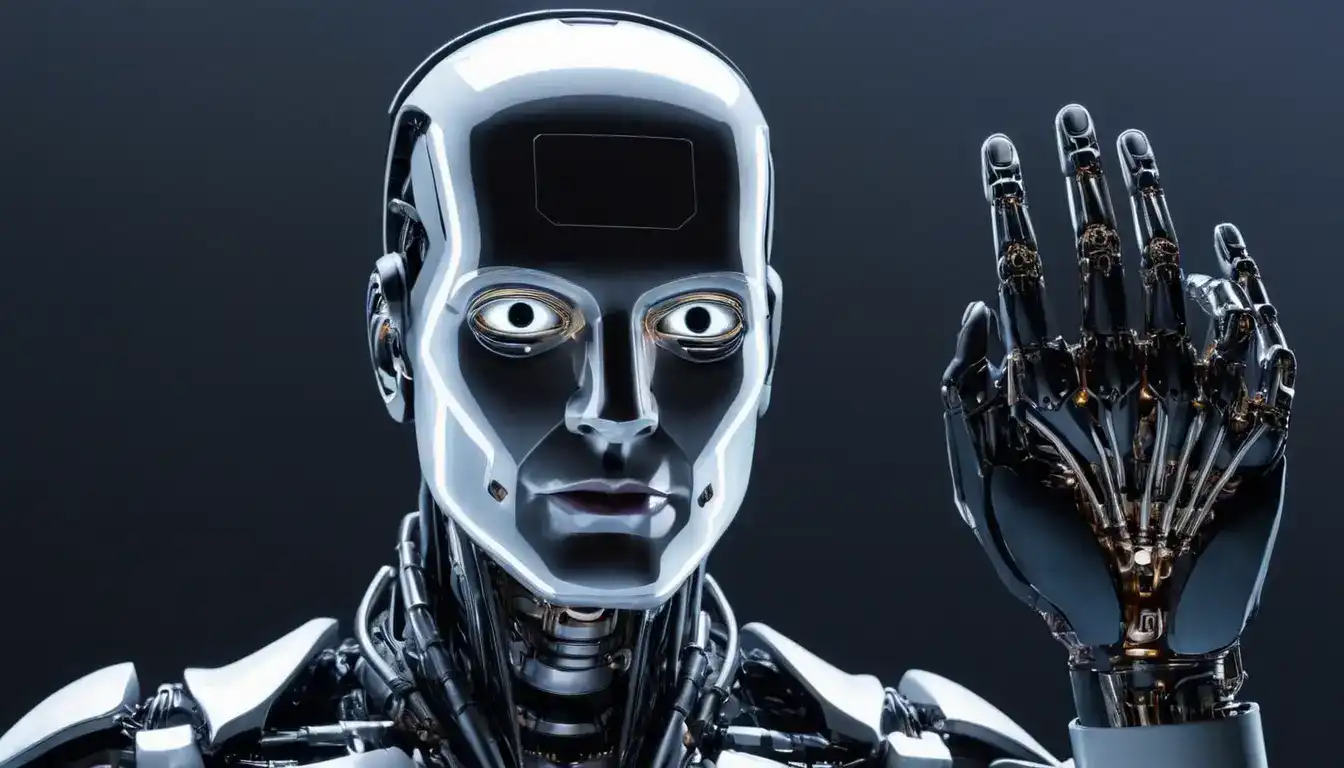
August 5, 2024
The Impact of AI on the Future of Work and Education
AI is rapidly advancing and reshaping industries, economies, and societies, especially in the areas of employment and education. In the workplace, AI is changing roles through automation and creating new job opportunities. The future of work will most likely involve collaboration between humans and AI, requiring workers to develop new skills and engage in lifelong learning.



